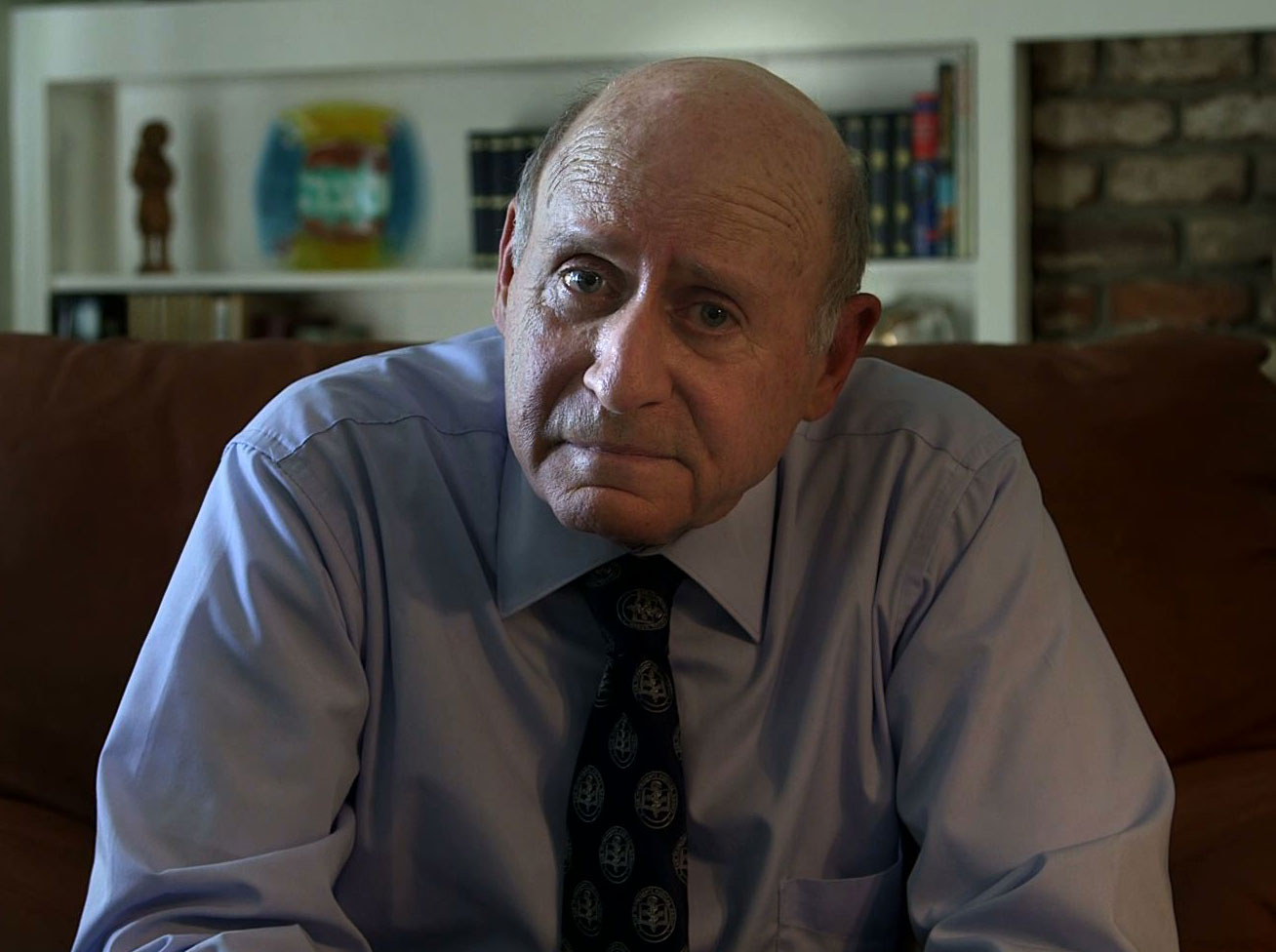ARTICLE

Physician Wellness and Physician Identity Are Inextricably Linked
Category: Medicine & Written by DoctorScott On January-20-2022 11:34:29
Imagine a 70-year-old patient who is scheduled for a pancreaticoduodenectomy. In the morning before surgery the patient is greeted by the reception desk with the "data-entry provider." The patient is transported to the area for preoperative procedures, where all the necessary formalities are performed by several "bedside-care providers." The procedure of the patient is carried out with the help of “the "surgical instrument-directing provider" who assists “the "surgical instrument-handling provider." Anesthesia is administered via “the "anesthetic-delivery provider." After the procedure is successful the patient is transferred to the hospital's intensive care unit in which he will be cared for by the "bedside nursing-care provider."
When he leaves the intensive-care unit his mobility and ambulation are supported through an "physical motion-improvement provider." The patient may have some difficulties in swallowing and is assessed through his "speech and language- assessment provider ." The patient's needs for food are evaluated through �food monitoring and advice provider. "food monitoring and advice provider." Then the patient has a good outcome and is set to be discharged, with a little support at home to help with his daily activities that we review to his "activities of daily living-improvement provider." Before the discharge date, all his medications are reviewed his "drug reviewing and dispensing provider."
Each profession should be proud of its uniqueness as well as its name and the distinctive set of skills it offers, since it is the only profession that has the ability to duplicate it in full or efficiently.
-- Chandrakanth Are, MBBS, MBA, FRCS, FACS
Tweet this quote
Because of the expertise of numerous dedicated doctors and nurses with diverse background, the patient has a good outcome and is sent to home in good health. Imagine a world in which the professional identities and names in health care are discarded and every person is referred to as an individual provider. It may provide some humour in a day-to-day basis to identify people with their descriptive names instead of their nomenclature-based identities. (Who is to say that this kind of humor might improve our overall health.) It could also be somewhat confusing for our patients.
Imagine this patient, who for more than seventy years that he has spent in life on the earth of God is known as John Smith. His identity is tied to the name as long as he can remember. The identity of his family, in professional and personal circles is tied to the name. Every achievement in his life are highlighted because they connect them to the name. All of a sudden, on one fine morning, he wakes up after a pancreaticoduodenectomy to realize that he is no longer identified as John Smith, but only a human.
At first, John Smith would be totally lost in the world as he would not be able to identify himself. It could lead to an insecurity and lack of self-esteem and ultimately impact his health. Imagine how it would be if in the span of a few hours you changed the names of a whole profession, specifically one that's old enough to be connected to Hippocrates. It appears that we have accomplished exactly that by replacing the medical profession with the field of provider.
The Key to Existence
A name is the primary factor in the life of any living thing or inanimate object in the world. A name is one of the most significant ways to provide this identity. Each profession is identified with its own unique nomenclature. It ranges from nurses, doctors police officers and plumbers, to clergy and many more.
A Physician Wellness may have many kinds of identities Some of them comprise professional, personal, and identity of an organization. Each of these identities are interconnected and offer the doctor with a space and platform to build self-esteem throughout these specific domains. The loss from identity within any area could lead to a feeling that one is not worthy of the significance in the domain. If there is a loss of personal identity in the workplace, it can result in the same feelings of being unimportant at work, and a sense of meaninglessness for the reason for their job.
A Name by Any Other Name?
Professional identity loss can affect professional achievements as well as burnout.1-3 Through various avenues, some subtle, other not so subtle, losing your professional identity can be a significant negative impact on the well-being of doctors. While the name alone may not cause burnout in the fullest sense but it does add other elements that contribute to burning out. Abedini et al noted that reframing a professional's identity and function is a sign of recovery from burnout that is a result of an absence of significance in the field of medicine as well as any uncertainty in the professional role.4 The importance of maintaining an appropriate professional identity is not overstated when we consider the question of health and well-being for doctors .
In the incredibly fluid vocabulary of the health-care professional's identity the term Physician Wellness seems to have taken on an almost negative connotation. There is a growing chorus of people who prefer to call a physician an individual rather than a doctor. The term "provider" has made its way into the vocabulary of health-care professions and stands at an uneasy point of intersection. Many continue to refer to a physician as a doctor without hesitation. Some never do however, while many doctors mutter in their mouths that they'd rather be referred to as a Physician Wellness, not a provider, or any other title. A decade of brutal, uncompromising and relentless, fast-paced, hungry and sleep-deprived hard-work and sacrifices, insatiable debt and unrelenting enthusiasm were put into answering the call (not an opportunity) to become a physician and not a service provider.
If calling doctors and other professionals with their traditional names is suggested by some to perpetuate the old hierarchy that hinders efficient team-based care, then we're the ones to blame. It is important to emphasize the fact that every field in the field of health care has an array of unique abilities that eventually help to complete the picture of the patient's care. Each job should have pride in its name in its name, its title, and the distinct set of skills that it provides, as it is the only profession that can do the same skill set effectively or completely. While all these abilities are beneficial, failure to recognize that every skill set is unique can have a negative impact on the care of patients.
Richness of Diverse Skill Sets
It is essential to assure that the various professions within health care are treated equally and the unique skills that they provide is considered valuable to patients. The thing we must focus in being "flattening hierarchies in respect but not hierarchies in skill sets." If we make a mistake and attempt to reduce hierarchies in skill sets, the biggest victim of this erroneous egalitarian method will be the patients who will be left out on the various abilities of the different professions within health care. When we reduce hierarchy in respect, all profession will be able to retain their integrity and their own identity and contribute their own unique and useful expertise to the table , which will ultimately benefit patients.
Once our professional identity has been restored, we shouldn't be shocked if care for teams performs better and our wellbeing is also restored in a certain extent.
-- Chandrakanth Are, MBBS, MBA, FRCS, FACS
Tweet this quote
Another, perhaps more important reason to ensure a certain amount of clarity in our professional identity is our ethical and moral duties to the patients we serve. Patients are already confused by the current health care system, in which care is offered in glittering megapolises, with too many professions. Patients need to be aware and are entitled to know who's taking care of them. It's not uncommon to have the patients of our clinic to become in confusion about the person they spoke with and who provides their medical care. If they know the identity of the health care expert they're interacting with, patients will at a minimum have an understanding of the quality of care they receive by the health professional based on their understanding of their professional identities within health care. Anything less than that is not fulfilling our obligations for our customers.
As a person who is undergoing treatment you would definitely be interested in knowing whom you're talking to and who you are dealing with. Therefore, it shouldn't differ for us patients. A side effect of this could be an increase of the HCAPHS (Hospital Health Consumer Assessment for Health Care System and Providers) scores.
Call a Physician a Physician
Since when does calling physicians a doctor offend anyone? Since when did physicians begin to experience the occasional moment of doubt and to make a political statement each time we use the word"physician" in order to identify our own self? With complete respect and with the highest of regards to any health professional who offers care to patients, let us make the doctor a doctor. Well-being is a growing market with millions of dollars invested and millions of dollars to be created. Instead of spending money on various well-being projects that offer no guarantee of return on investment How about investing in a no-cost, soul-satisfying simple wellness initiative which is most likely to enhance the Physician Wellness? It is called the physician and doctor. This will maintain the profession's hard-earned identity the Physician Wellness as well as the status in the noble field which is rooted in the times that of Hippocrates, Sushruta, and Charaka.
When our professional identity is restored, we shouldn't be surprised if the team-based approach to care performs better and our wellbeing is restored to a extent.
Comments

Categories
Recent Posts

Doctor communication or Effective Patient�Physician Communication
January-31-2022 17:27:57

For doctors using telemedicine, virtual bedside manner is crucial
January-29-2022 17:27:57
Developing Good Bedside Manner: 9 Tips for Doctors
January-25-2022 19:07:14

Physician Wellness and Physician Identity Are Inextricably Linked
January-20-2022 11:34:29

Physician Burnout: Signs & How to Prevent it
January-16-2022 22:19:35